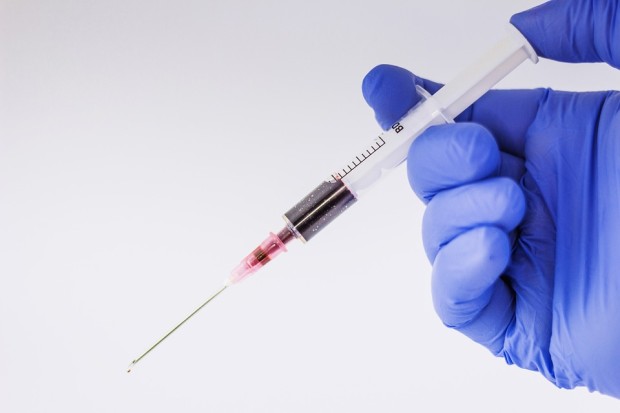If you need to use the services of a hospital, it’s likely that your bill will be higher than you’re anticipating- whether you go a small or large ailment. And as medical costs continue to rise, some people are even compromising on their basic health care, as they simply can’t afford to spend the money necessary to keep themselves healthy.
Many people assume that they don’t actually need health insurance, however a standard policy will include any investigation costs before you’re actually hospitalised (doctors fees, x-rays and blood tests can quickly add up), the cost of an ambulance if you’re dealing with an emergency, all of the costs you encounter while in the hospital, which can include diagnostic tests, surgery charges and room charges, and the costs you incur after you get out of the hospital, such as medicine, diagnostic tests and follow up visits to the doctor.
As inflation continues to skyrocket, quality healthcare and hospitalisation continues to become more expensive. For large hospitalisations, you may find that these burn a huge hole in your savings or even leave you with a huge debt which can take years to pay back and ruin you financially.
The purpose of health insurance is to spread all this risk out amongst other people, which brings the costs right down and allows everyone to be covered.
Generally, health insurance consists of an annual policy which can then be renewed each year. Most policies will cover hospitalisation due to accidental injury and sickness, although this will be subject to certain waiting periods and exclusions, which you’ll find in the policy. There are two ways to use the insurance when you need hospital care- either cashless, by using a hospital in the network of your insurance company, or reimbursement which is when you pay the up-front costs and these are then reimbursed by your insurance company.
When it comes to buying the best health insurance plans, these will depend on your individual circumstances. Keep in mind that you should generally be buying insurance for when you’re older, and try to get a premium that’s around 25% of the salary you earn each month. Ensure that you have all of the PDS forms and policy wordings for your insurance before you take out the policy, so you understand exactly what you’re covered for.
Remember not to only depend on health insurance from your employer, since this coverage is changing yearly, and you could suddenly find that you and your family have no coverage. Also, check the age when your policy will discontinue, as you could also find that once you reach that age it’s very hard to get a new policy. Be sure to find a policy that can instead be renewed for a lifetime, and speak with a health insurance advisor who can help you with unbiased advice and assist you with all your claims and renewals.
Finally, understand that there’s no perfect insurance plan, but it’s best to have some form of coverage in the unlucky event that you’re hospitalised.












